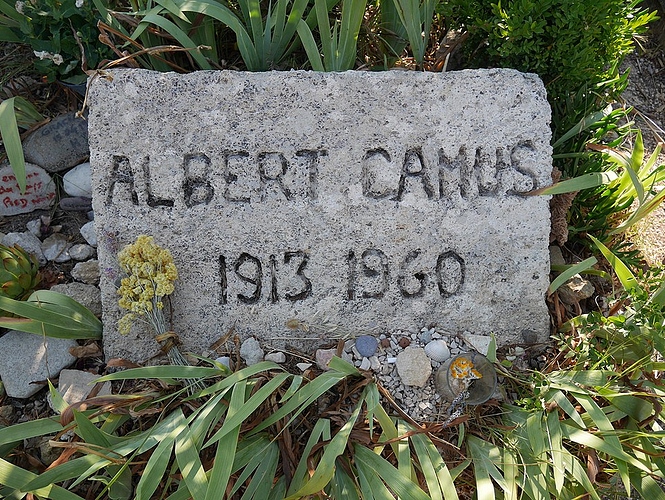The Boston Review, political theorist Carmen Lea Dege explores why existentialism has experienced a revival during the coronavirus pandemic, and what it has to teach us about facing uncertainly and mortal danger. Dege examines these questions in the work of Heidegger, Sartre, Beauvoir, Camus, and Karl Jaspers, noting how some of these thinkers failed to fully embrace uncertainty, while others, especially Beauvoir and Jaspers, turned uncertainty into an ethics. Check out an excerpt from the essay below.
Over the last few months, we have witnessed a broad range of responses to a profound new wave of social and personal uncertainty. On the one hand, and for the most part, people have expressed an urge to restore certainty. We might have found that we prefer to be certain about the future, however grim it may be. We might have sought targets to blame for the suffering, pain and hopelessness that surround us. Politically speaking, citizens have looked to strong leaders for containment and control, a phenomenon some call the “authoritarian reflex.” And the uncertainty vacuum has been filled by conspiracy theories, war rhetoric, the denial of scientific facts, and an increase in surveillance measures. On the other hand, there have also been responses that find containment in the admission of not knowing, in political leaders who express their fallibility, and in a form of hope “inextricable from uncertainty” as it opens up a critical space to imagine and build the future. These latter voices have been quieter. They demote greatness, revenge and heroic victory and regard the promise of control with skepticism.
Where does existentialism fall along this spectrum? Can its turn to uncertainty really teach us something about life in terra incognita? Not only do existentialists define anxiety as our “dizziness of freedom” (in the words of Kierkegaard)—the dizzying effect of looking into the contingent boundlessness of one’s own possibilities as a precondition for personal growth—but many also offer reflections on plagues and epidemics. They invoke these terms metaphorically in order to expose the relation between political crises and crises of human meaning. At a moment when a biological respiratory plague lays bare and reinforces the systemic racism that suffocates and chokes Black lives, this connection could not be timelier.
Image by Moleskine - Own work, CC BY-SA 4.0. Via Wikimedia Commons.
